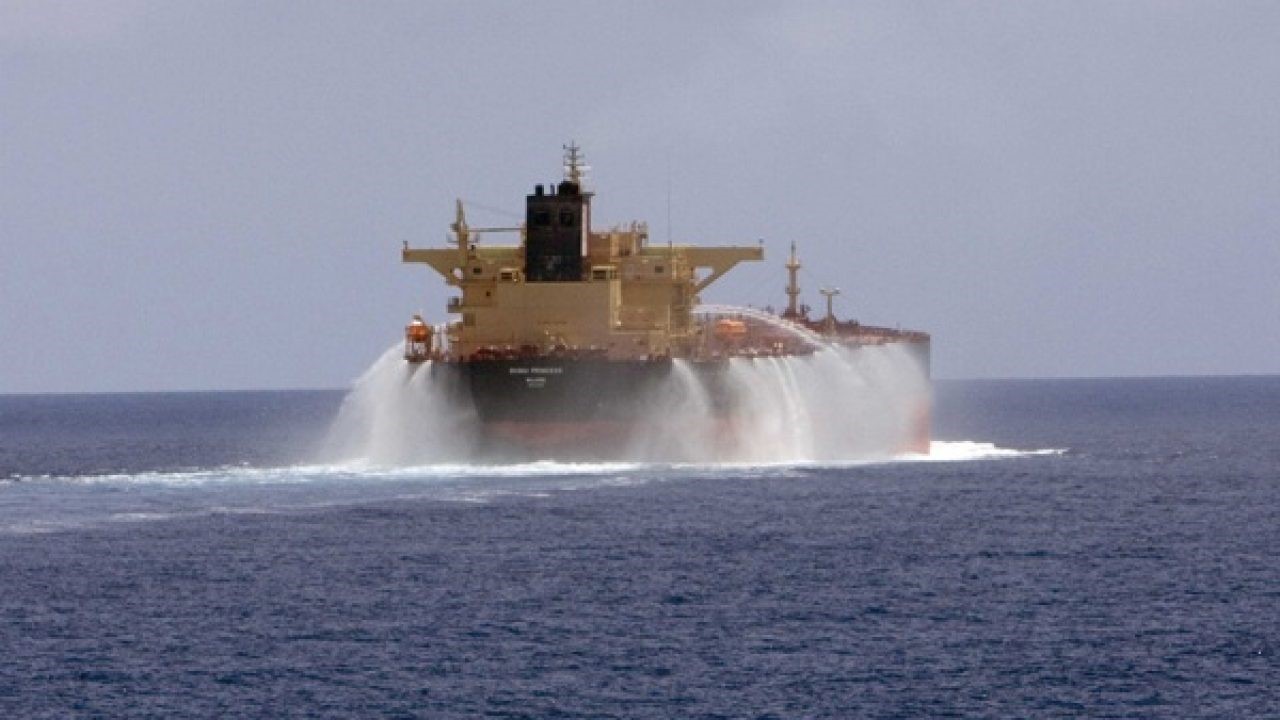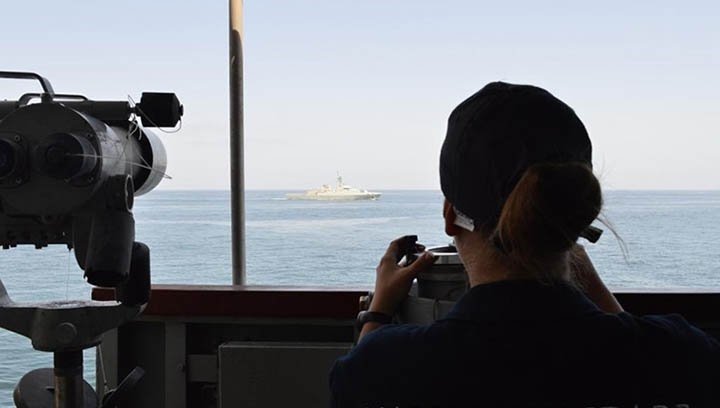Maritime (Anti Piracy) Security
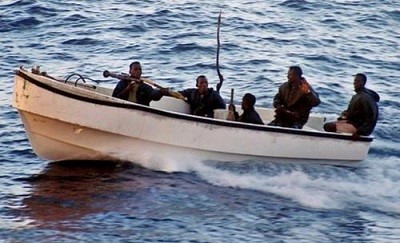
Article 101 of the 1982 United Nations Convention on the Law of the Sea (UNCLOS) determines that Piracy consists of any of the following acts:
- (a) Any illegal acts of violence or detention, or any act of depredation, committed for private ends by the crew or the passengers of a private ship or a private aircraft, and directed:
-
- (i) On the high seas, against another ship or aircraft, or against persons or property on board such ship or aircraft;
- (ii) Against a ship, aircraft, persons or property in a place outside the jurisdiction of any State;
- (b) Any act of voluntary participation in the operation of a ship or of an aircraft with knowledge of facts making it a pirate ship or aircraft;
- (c) Any act of inciting or of intentionally facilitating an act described in subparagraph (a) or (b).
- Defining Piracy
According to the reports of International Chamber of Commerce, International Maritime Bureau-IMB, there have been 239 piracy attacks in 2006, 263 in 2007 and 439 in 2011. However, in accordance with the increasing awareness, the number of piracy cases has declined to 134 in 2015 and 98 in 2016. As such, The United Nations Security Council has released a series of resolutions to regulate the preventive measures throughout the globe. Additionally, different groups of neighboring countries have initiated several joint initiatives to increase resolution against piracy. The most prominent of them is the “Contact Group on Piracy off the Coast of Somalia”. Similarly, SAMI (Security Association for the Maritime Industry) was created against the backdrop of increasing piracy incidents in the North East Indian Ocean with greater reliance on armed security teams to protect merchant ships transiting the area. SAMI was launched in April 2011 and concurrently agreed to provide pro bono maritime security consultancy to the Marshall Islands registry. This afforded SAMI a unique understanding of the way in which IMO policy is formulated, and allowed it unparalleled access at the strategic level to key parties within the organisation and involvement in the drafting of pivotal documents that have shaped the standards for the private maritime security industry including ISO/PAS 28007:2012. (DRAFT-The-Evolution-of-the-Security-Association-for-the-Maritime-Industry-8-May-14)
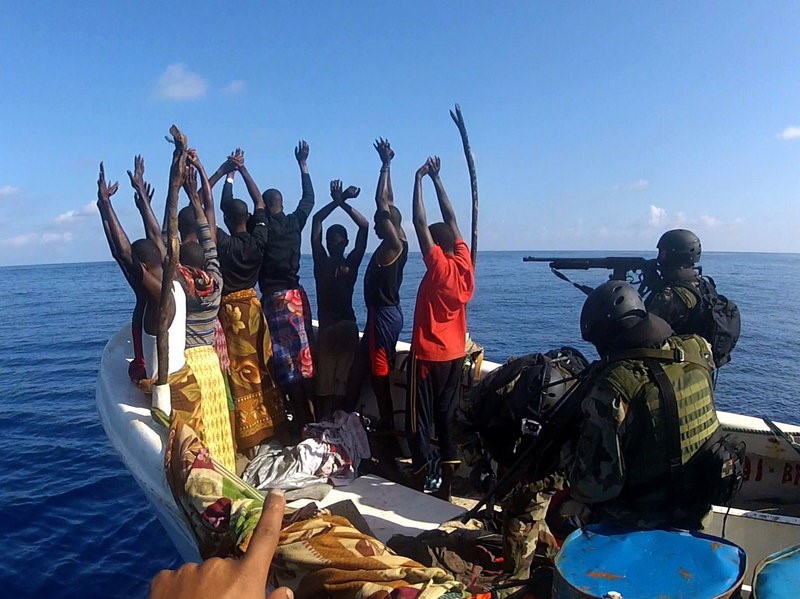
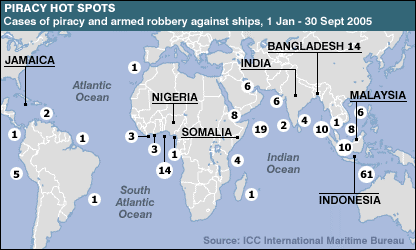
The most challenging geographies are recorded as the coastal line of East Africa, mostly along Somalian coastal line, the entry of Red Sea and Aden Strait within the boundaries of 15th and 17th latitudes.
DRK provides consultancy on the precautions against the Piracy by assisting the maritime organizations and companies to create viable Rules of Engagements and establishing defensive and non-lethal security systems as well as Armed Private Naval Security Guards, into the vessels.
